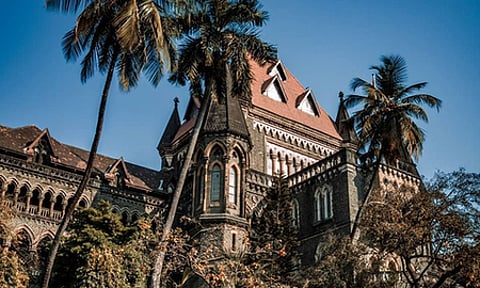Why did the court acquit all 12 in the 2006 Mumbai blasts case?
The Bombay High Court raised serious concerns over the credibility of the investigation

Dubai: Nearly two decades after a series of coordinated blasts ripped through Mumbai’s suburban trains, killing over 180 people and injuring more than 800, the Bombay High Court on Monday acquitted all 12 men convicted in the case.
The court ruled that the prosecution had “utterly failed” to prove their involvement, and that the evidence presented was both unreliable and insufficient, according to Indian media reports.
The division bench of Justices Anil S Kilor and Shyam C Chandak set aside the 2015 special court verdict, which had sentenced five of the accused to death and seven to life imprisonment.
The High Court refused to confirm the death penalties, ordered the immediate release of all 12 men — unless they are wanted in other cases — and directed each to execute a personal bond of Rs25,000.
Key findings: No solid evidence, flawed process
In a strongly worded judgment, the court raised serious concerns over the credibility of the investigation led by the Maharashtra Anti-Terrorism Squad (ATS).
It pointed to major lapses, including:
Unreliable witness statements: Eyewitnesses — including taxi drivers and those who allegedly saw the bombs being planted — were found to be inconsistent, and their testimonies lacked credibility.
Flawed Test Identification Parades (TIP): The court noted that some TIPs were conducted by unauthorised officers, and that identifications made months and even years after the incident were unreliable.
Questionable confessions: The confessional statements of the accused were found to be incomplete, with some sections appearing to be “copy-pasted.” The court accepted the defence’s claim that the accused were tortured during interrogation.
No evidence of bomb type: The court noted that the prosecution failed to conclusively establish what kind of bombs were used in the attack — a critical lapse in a terror case of this magnitude.
“The prosecution has failed to even bring on record the type of bombs used in the alleged crime. Hence, the evidence of recovery is not sufficient to prove the offence,” the bench observed.
It added that the handling of crucial material evidence — such as explosive components and circuit boxes — was poor, further weakening the prosecution’s case.
One of Mumbai’s worst terror attacks
The blasts occurred during the evening rush hour between 6:23pm and 6:28pm on July 11, 2006. Seven bombs exploded in first-class compartments on Mumbai’s western suburban line, killing 189 people and injuring 829.
The case became one of the most high-profile terror investigations in the country.
In 2015, a special court convicted 12 men. Five of them — Kamal Ansari, Mohammad Faisal Ataur Rahman Shaikh, Ehtesham Qutubuddin Siddiqui, Naveed Hussain Khan, and Asif Khan — were sentenced to death. (Kamal Ansari has since died.) The remaining seven received life terms.
Political reactions: Split over verdict
The acquittal has sparked political reactions across party lines.
Shiv Sena (UBT) MP Milind Deora, who was an MP from Mumbai in 2006, said he “cannot accept” the verdict. “I went and saw what happened that day. I appeal to the Maharashtra government to hire the best lawyers and file an appeal immediately,” Deora said.
On the other hand, AIMIM MP Asaduddin Owaisi pointed to systemic flaws in terror investigations.
“Innocent people are sent to jail, and years later, their lives are shattered with no way to rebuild them. This case shows how the assumption of guilt by police and the media destroys lives,” he said.
Legal experts expect the Maharashtra government to appeal the acquittals in the Supreme Court. For now, the Bombay High Court’s ruling stands as a major rebuke of the state’s handling of one of India’s worst terror cases.
-- With inputs from PTI and ANI
Sign up for the Daily Briefing
Get the latest news and updates straight to your inbox




